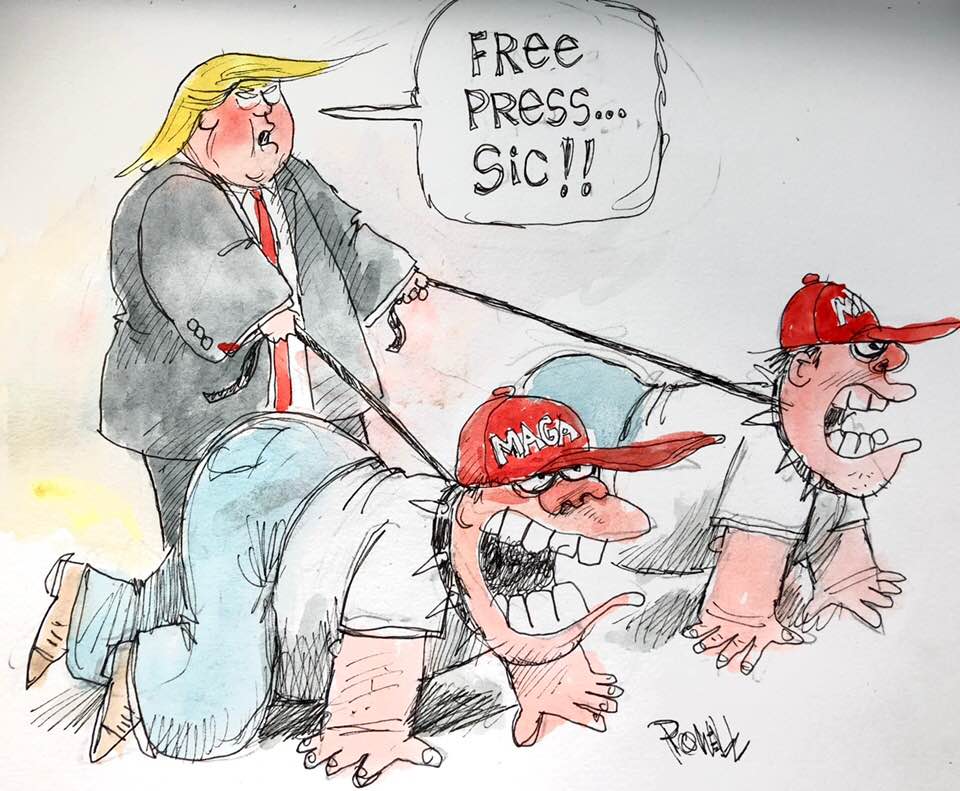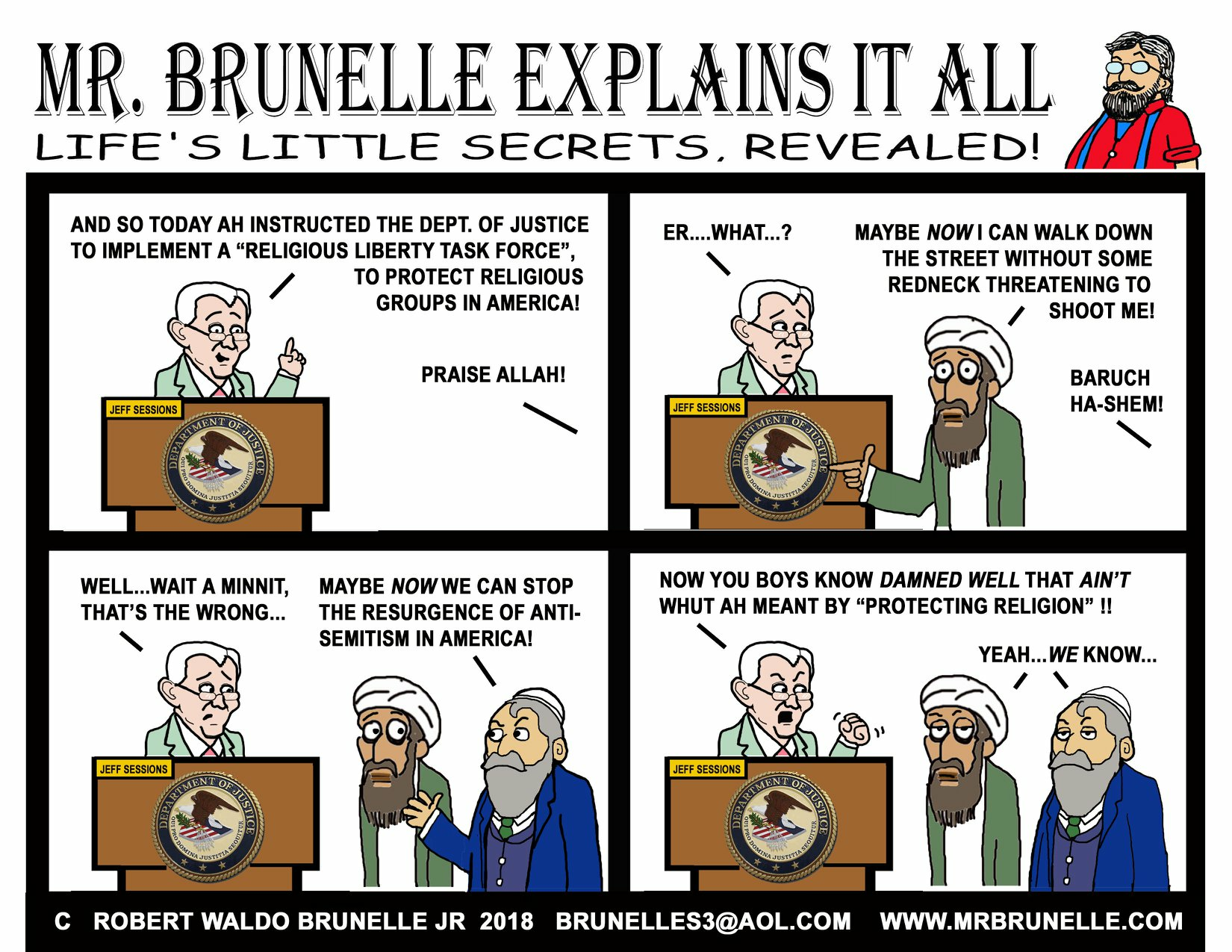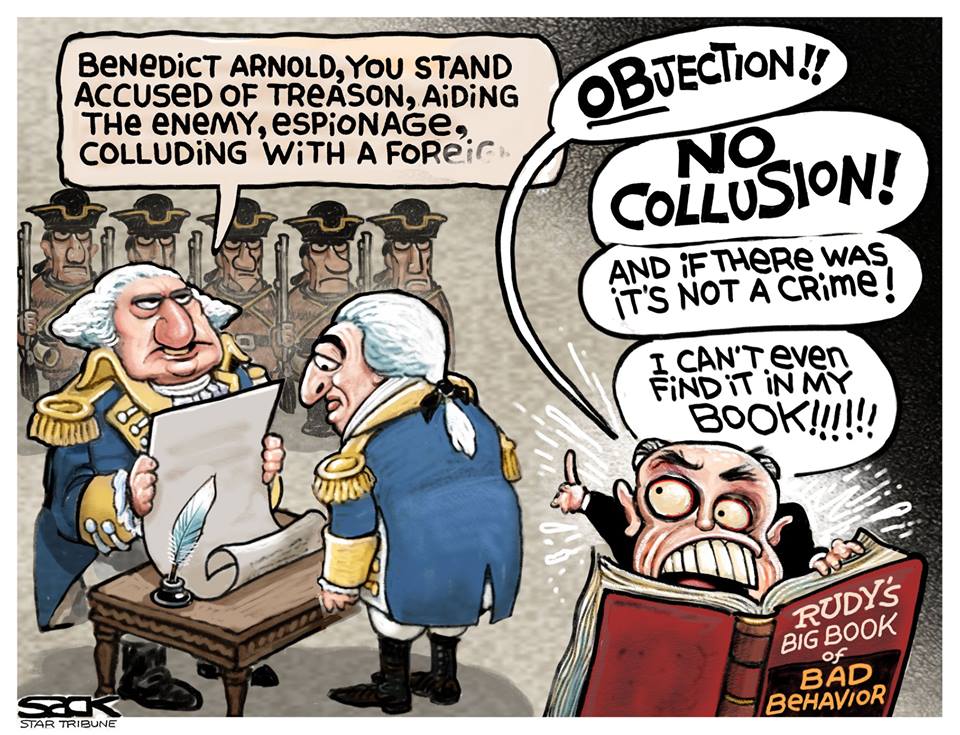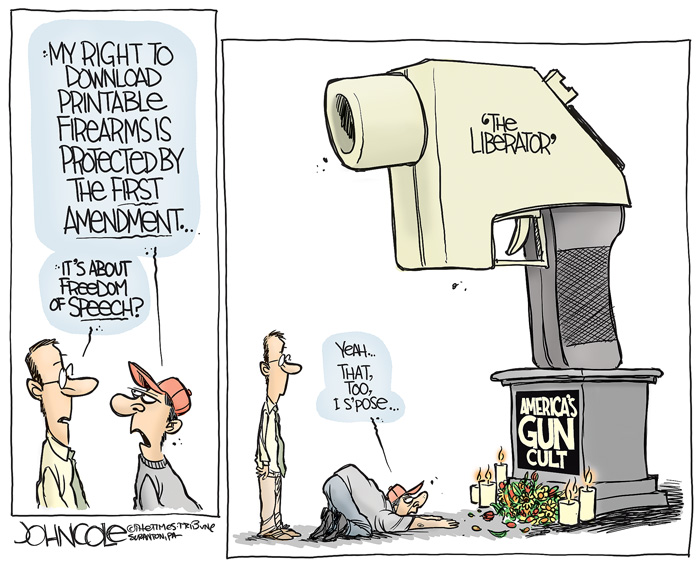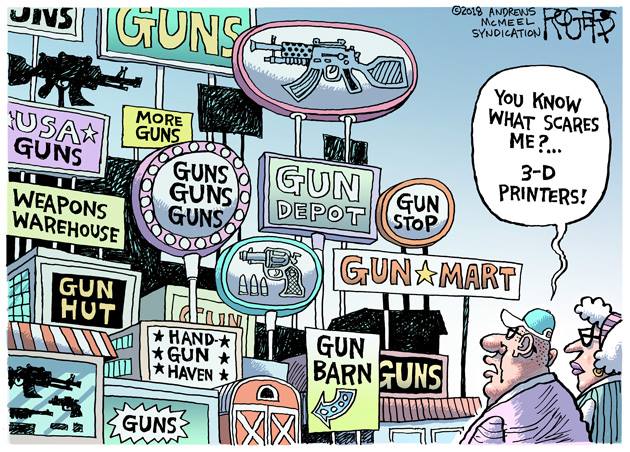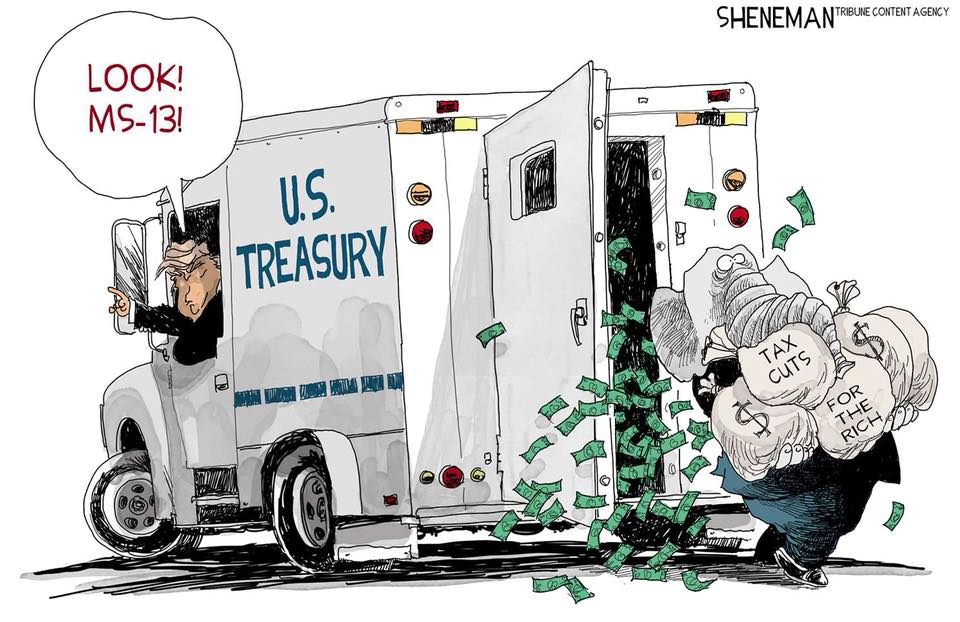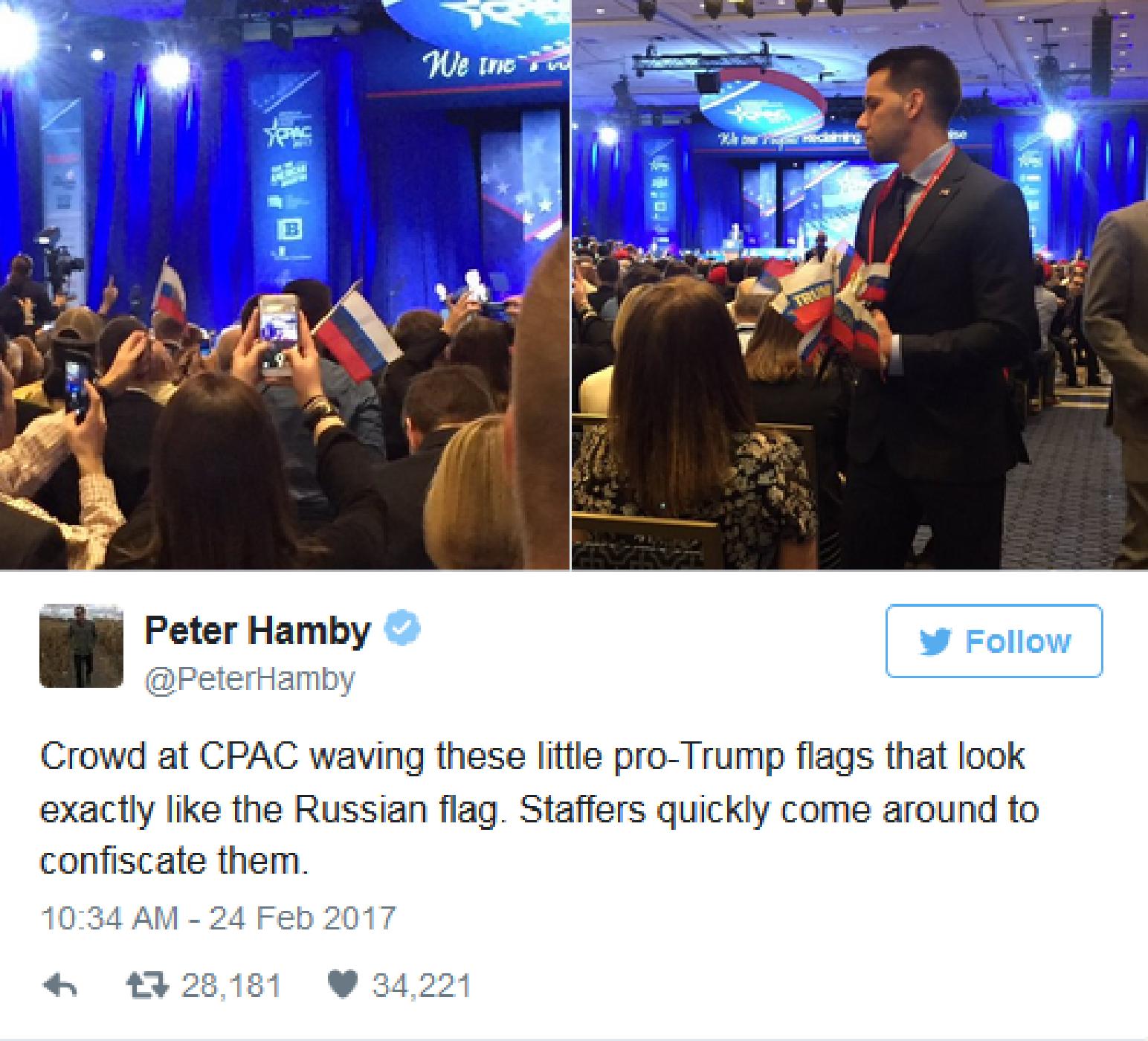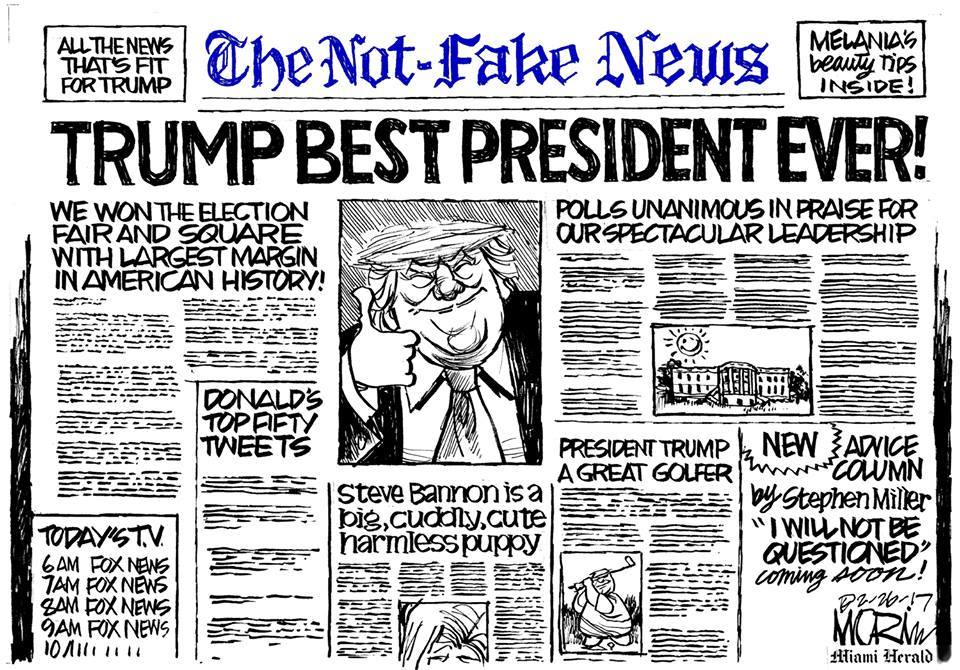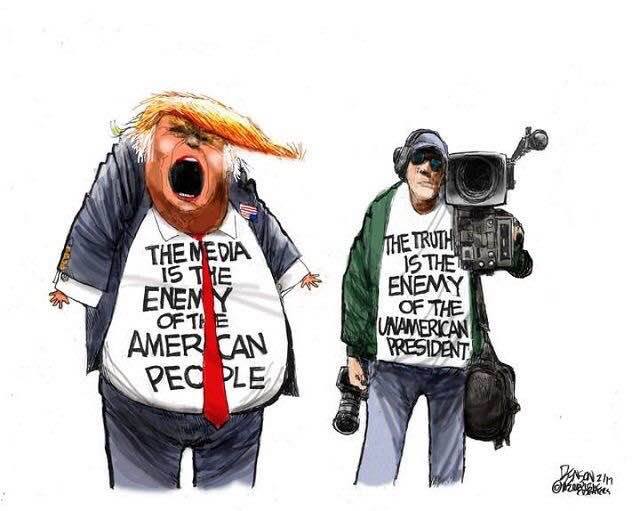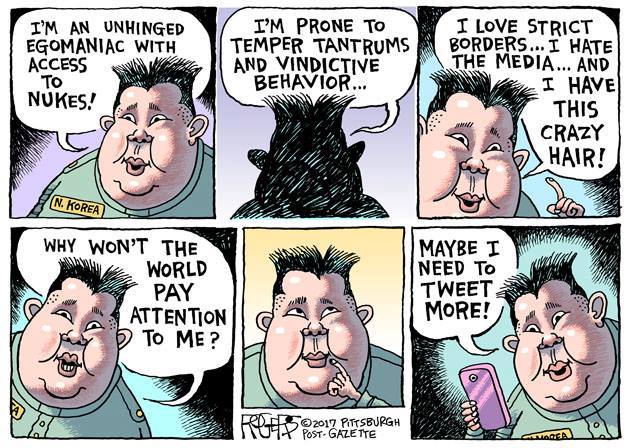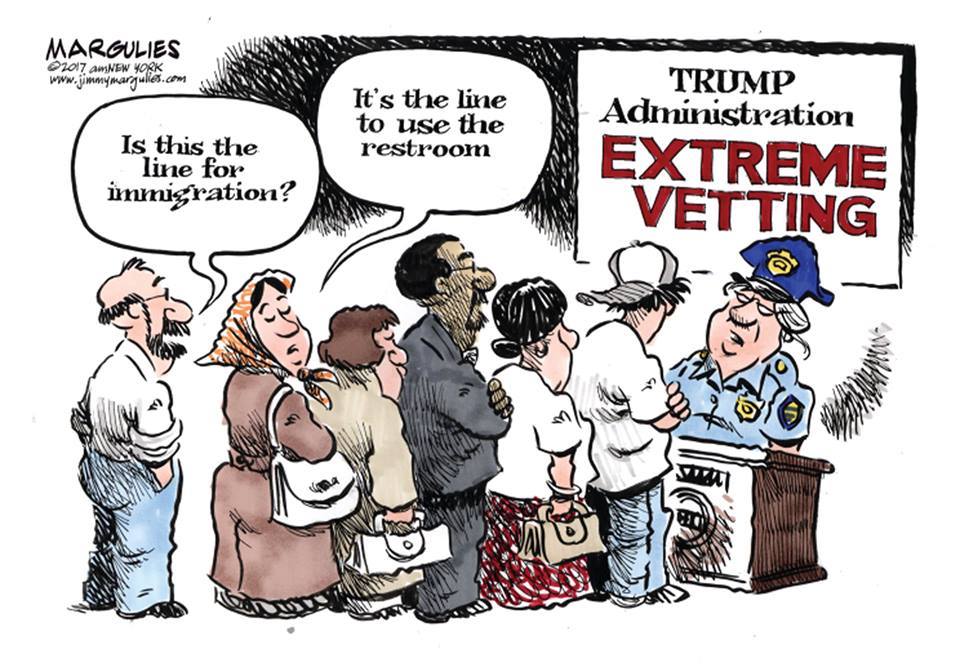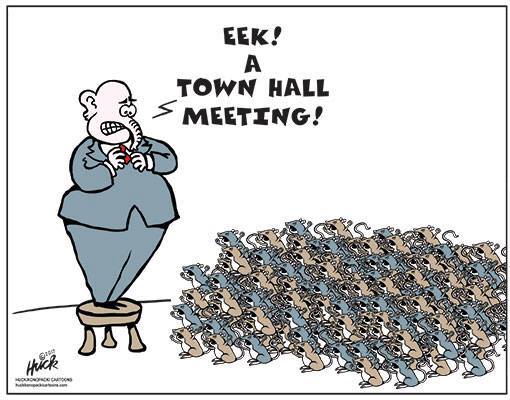You don’t remember Bull Connor? He was Commissioner of Public Safety (chief cop) in Birmingham, Alabama when, in 1963 he used fire hoses and attack dogs against civil rights activists. The films of the confrontation and Connor’s disproportionate response, became an iconic image of the Civil Rights Movement of the 1960s. He became an international symbol of Southern racism.
Now, science has come up with a better, more efficient crowd control product. From the Daily Dot:
Imagine being soaked, head to toe, in a frothy mix of pureed compost, gangrenous human flesh, and road kill, and you might get some idea of what it’s like to be sprayed with Skunk, according to those who’ve had the misfortune of being doused.
A few police departments in the US, including the St Louis Metropolitan Police, have reportedly purchased the spray, a non-lethal riot-control weapon originally developed by the Israeli firm Odortec, and used first in the occupied West Bank in 2008 against demonstrators. The sticky fluid, which Palestinians say smells like a “mixture of excrement, noxious gas and a decomposing donkey,” is usually fired from armored vehicles using high-pressure water cannons.
Decomposing donkey? Where and when do you learn what THAT smells like?
It was used in Hebron on February 26, 2012 to disperse a crowd of an estimated 1,000 people which clashed with Israeli soldiers during a protest described as commemorating the anniversary of the Cave of the Patriarchs Massacre.
Mistral Security, based in Bethesda MD, offers Skunk products to US police and the military. According to the company’s website, they sell it using a number of delivery systems, including 60 ounce canisters with a range of 40 feet; a “skid sprayer” equipped with a 50 gallon tank and a 5 HP motor that can shoot over 60 feet at up to 7 gallons per minute; and a 40mm grenade that can be fired by a 12-gauge shotgun.
The company reports that Skunk is made from 100% food-grade ingredients and is 100% eco-friendly – harmless to both nature and people. From their website:
Applications include, but are not limited to, border crossings, correctional facilities, demonstrations and sit-ins. Decontamination soap is available to mitigate the odor.
So what we have here is another way that our police spend money to create citizen compliance. Police have an ethical problem: How do they control (or disperse) a crowd that gets unruly without causing injury?
In the past year, we have seen several examples of “comply or die” in cities around the US. Now, we see that the technology is evolving from Bull Connor’s days of attack dogs and fire hoses, to tear gas, rubber bullets and bean bags, and now, Skunk. Policing seems to be headed in a strange direction. You better do what you’re told, and not participate in any, you know, civil disobedience, like sit-ins, protests, demonstrations and such, or we will Skunk you, (or worse).
A fundamental Constitutional issue has emerged in police response to civil disobedience in the past few years. City property has been “privatized”, with the municipal corporation as the owner. Public space is not owned, it is supposed to be available to the public with only limited conditions. But, we now see a growing number of examples where police, mayors and municipalities are limiting access for the press, for demonstrators as well as for ordinary citizens to public spaces.
When our laws are manipulated in order to suppress a free press, or personal speech, it shows contempt for the entire idea of a free people or a government of laws. When our police continually purchase new weapons to insure compliance with police orders, peaceful protest is at risk.
Consider this: At Donald Trump’s Dallas rally on Monday night, Politico reports that as the mostly white attendees filed out, they clashed with 200 or so protesters, mostly black and Hispanic.
Dozens of police officers, including several on horseback, pushed protesters off arena property. After being pushed to the other side of the street, one protest leader encouraged the rest to arm their families and teach them to protect themselves:
You’re only going to get Martin Luther King so long before you get Malcolm X.
Our police should be careful what they wish for.
See you on Sunday.


